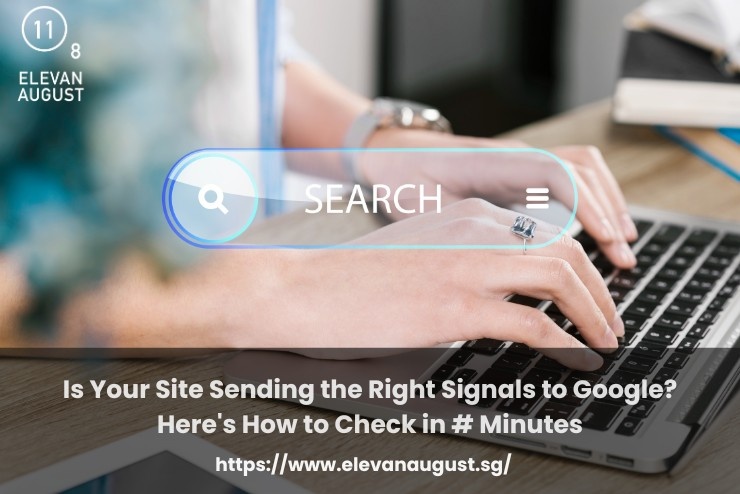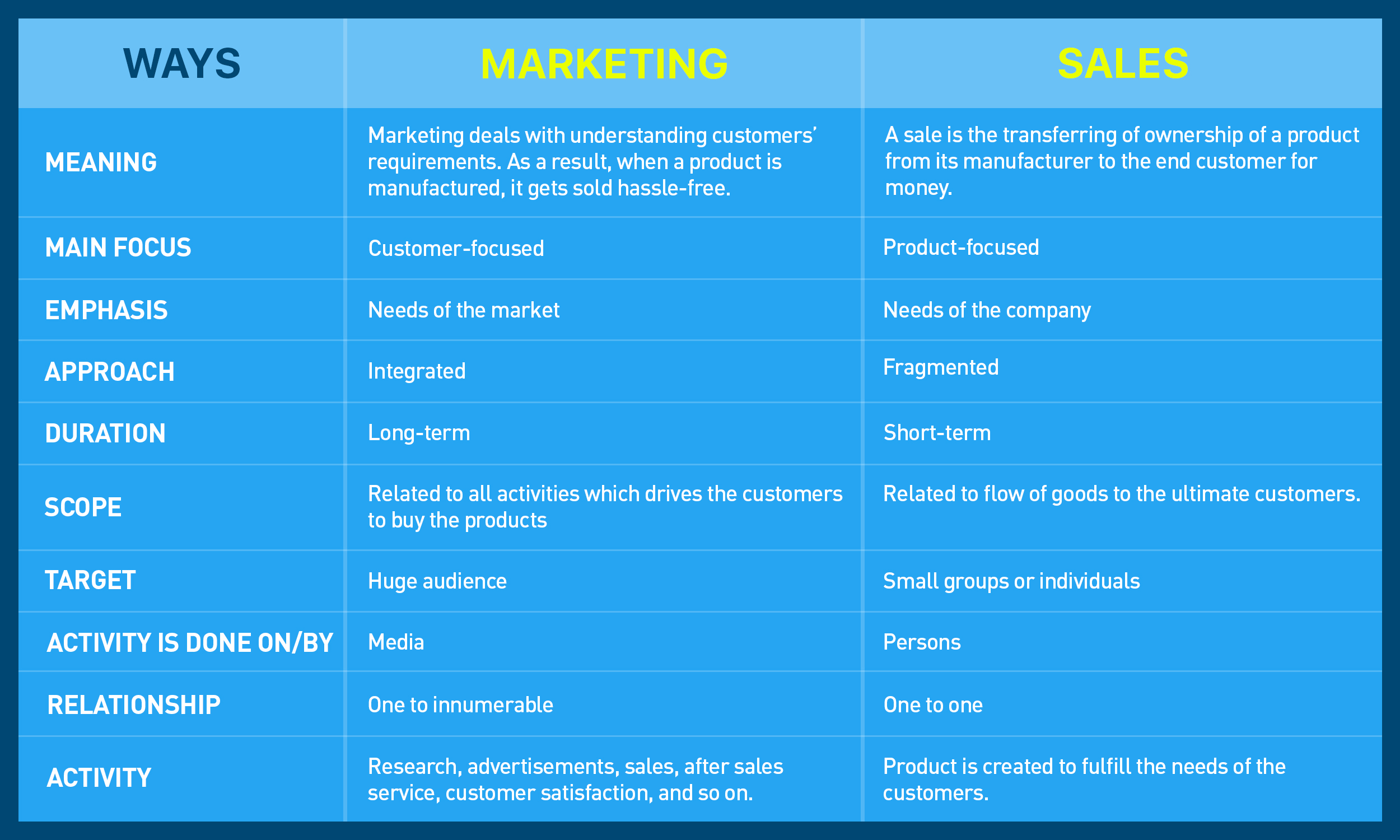Your site might look polished. But Google doesn’t care much about that.
It pays more attention to how your site behaves, like how fast it loads, what it says, and whether the structure makes sense.
Even with the right keywords, weak signals can keep you buried behind less impressive pages.
You don’t need hours to figure this out. A few quick checks will tell you if your site’s speaking Google’s language or just making noise.
Let’s start there.
Google looks for speed, not size
Fast-loading sites get favored more than pretty, heavy ones.
You can check your speed in under a minute using PageSpeed Insights. If your score is dragging, it often comes down to uncompressed images, unused scripts, or too many font styles.
Many sites in Singapore still load slowly on mobile, especially older corporate pages or catalog-based eCommerce stores.
Trim the bulk where you can. Google rewards pages that open smoothly, especially for users on slower networks.
The structure of your site matters more than you think
Google reads your headings like a table of contents.
If your page jumps from H1 to H4, or repeats headings without context, the crawler gets confused. That weakens your relevance score even if the content itself is solid.
You’ll want a clear flow. One H1 at the top. Followed by H2s for major sections. H3s to support sub-points.
That small shift helps search engines understand your intent, and shows your content has direction, not just volume.
Google wants clarity in metadata and URLs
Your page title and meta description shape how your link appears in search.
A title like “Home” or “Welcome to Our Site” gives Google nothing to work with. Instead, write titles that describe what the page offers.
The same goes for URLs. A clean, readable link like yourdomain.com/social-media-services gives stronger signals than one filled with symbols or random numbers.
When these fields stay clear, your site communicates value faster, both to Google and to searchers.
Keyword stuffing sends the wrong signal
Repeating the same phrase twenty times on a page doesn’t boost your ranking. It just makes your content harder to read.
Instead, focus on related terms and natural phrasing. Google understands context better now.
A page on “budget renovation ideas” that mentions “HDB design,” “small space tips,” and “affordable materials” sends a clearer message than one that repeats the main phrase endlessly.
Search engines pick up variety. Users stick around longer when it reads well. That combination works in your favour.
Internal links show Google what matters
Google follows your links to understand how pages relate.
If your site has ten pages but none link to each other, they feel disconnected, like loose pieces instead of a whole.
Link your service pages to relevant blogs. Connect your homepage to your categories. Reference old content when posting something new.
This builds a map. One that helps Google navigate your site, and helps users stay longer without getting lost.
Final Thoughts
We’ve audited enough sites to know this: most issues that hurt rankings are fixable in minutes.
That’s part of how we work with clients at Elevan August, which includes checking if the right signals are in place before pushing strategy. Whether it’s a speed fix, a structure reset, or cleaner metadata, small shifts often bring big returns.
If your site needs a second look, we’re happy to help you figure out what to fix, what to build, and where to start. Get in touch with us today.






